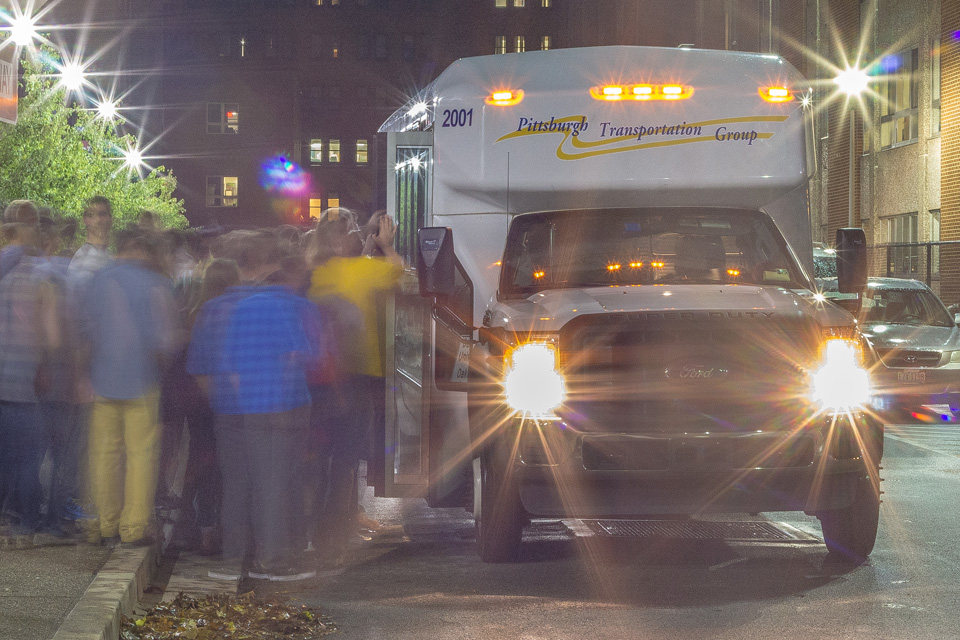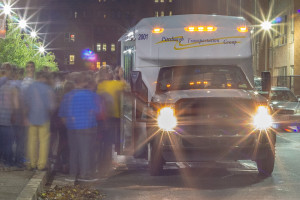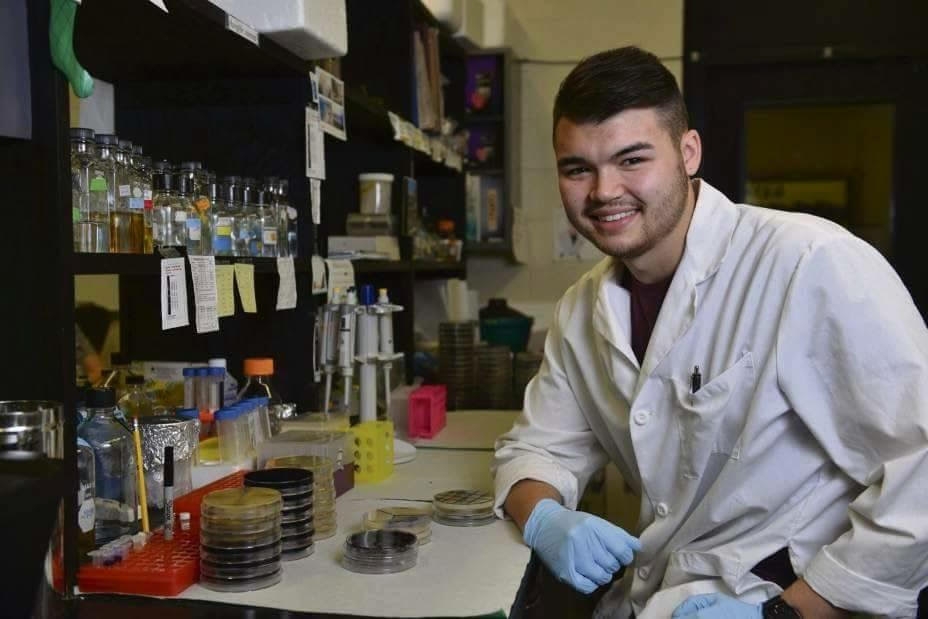

By Julian Routh | News Editor
The number of liquor law violations on campus increased again in 2012, according to the public safety department’s annual security and fire safety report.
There were 460 reported liquor law violations referred for disciplinary action on campus property from January to December, 25 more than the count in 2011. In 2010, there were 323 violations.
In comparison, the University of Pittsburgh, with an undergraduate enrollment of nearly 20,000, reported 288 liquor law disciplinary referrals in 2012 in its security report. Among other proximate institutions, Robert Morris University counted 162 and Carnegie Mellon recorded 17.
According to DU Cares coordinator Dan Gittins, the numbers at Duquesne are higher because Duquesne’s policies are stricter, the methods of reporting alcohol violations are different and there are a greater amount of students held to a higher behavioral standard.
“We have done a lot of training with our resident assistants and public safety to create a culture where we are paying much more attention to what is going on in our residence halls and the greater Duquesne community,” Gittins said.
For a student caught violating policy the first time, they are required to attend an educational class about the effects of alcohol on the body, the brain and behavior. Gittins said that although there are few second offenders, DU Cares will explore and evaluate the causes of the problems of alcohol use in those who get caught more than once.
If a student damages property, gets into physical fights or threatens other people as a result of alcohol, other measures are pursued, Gittins said.
“We are trying to create a culture that is conducive to everyone,” Gittins said. “Alcohol is not an acceptable excuse for bad behavior.”
Sophomore international relations major Ken Girty notices a different culture at Duquesne. He said he has noticed cases of intoxicated students being “destructive or belligerent,” and their only punishment is DU Cares.
“Students know if they get caught they will get a slap on the wrists and that would be it,” Girty said. “The reward is greater than the risk Duquesne imposes on us, so of course students are going to drink.”
Girty also said he has witnessed intoxicated students “in front of” Duquesne staff members and Duquesne police.
If a student has to be transported to the hospital because of how much alcohol they consumed, they are required to “meet individually” and accept any other sanctions in place, according to Gittins.
“There is the issue of accountability, and there is the issue of safety and success,” Gittins said. “We will address both.”
Other universities have programs similar to DU Cares, including California University of Pennsylvania. Cal U, whose number of liquor law referrals dropped from 326 to 8 in a year, has a program called “Options at Cal U.” Alcohol and other drug coordinator Donna George said the University has a “comprehensive plan” including a number of initiatives to limit and address alcohol use on campus.
“It’s about getting everybody mobilized in the University in the right direction and taking their ownership in the piece of it,” George said.
One of the initiatives the University has implemented is an online alcohol awareness program that each student is required to complete before attending the school, according to Cal U associate vice president for student affairs Timothy Susick. The school has also formed a coalition of faculty, staff and students that meets each month.
Some Duquesne students point to the loop bus as an example of the culture of alcohol use on campus. The bus, which transports students for free to Oakland and South Side, runs until well after midnight on weekends.
Still, the loop bus is effective because “if students are going out, it’s better to have something that can get students back safely,” sophomore forensic science major Emily Saporetti said.
As a part of the DU Cares program, Gittins runs a class once a week with 20 spots for students. He also tends to individual referrals throughout the week.
Gittins said he always wants Duquesne’s program to do better and achieve greater success. Future initiatives, including a social norms campaign, have been planned in result of a $40,000 grant from the Pennsylvania Liquor Control Board.





This is trash. The tone of the article tries to not only make Duquesne’s student body seem out of control, but also make the DU Cares program look bad? 40,000 dollar grant and strict police force seems like they are doing a pretty alright job to me. Bogus statistics being manipulated to make a bad story in an even worse publication.
Horray Duquesne Student Media!